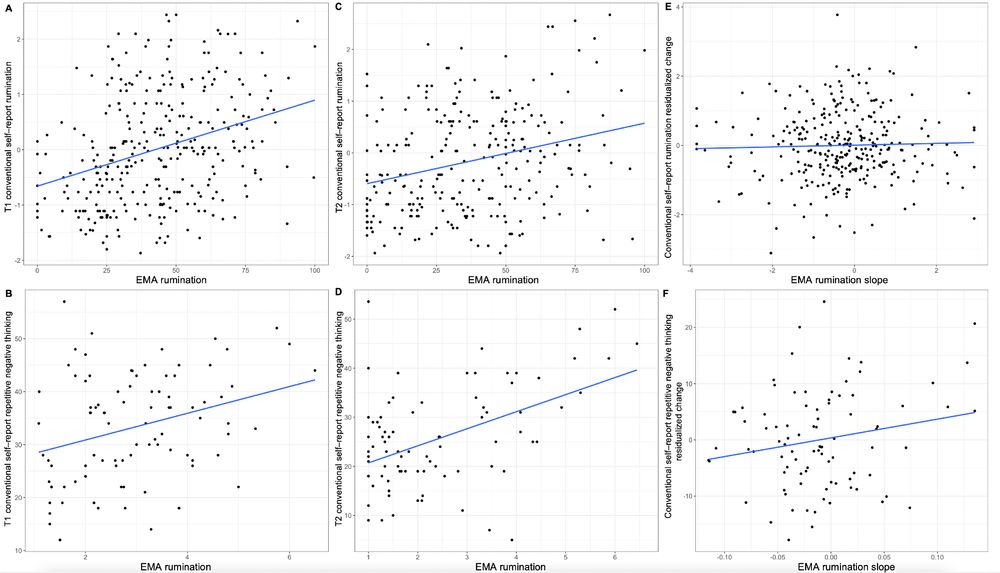
Co-Director | Center for Depression, Anxiety, & Stress Research
Director | Treatment & Etiology of Depression in Youth Lab | McLean Hospital | www.WebbsLab.com
McGill & UPenn alum | Canadian in Boston

6/n
6/n
School climate, poverty & inequities matter too.
Prevention must move beyond one-size-fits-all to integrate both personal + systemic influences.
5/n
School climate, poverty & inequities matter too.
Prevention must move beyond one-size-fits-all to integrate both personal + systemic influences.
5/n
This may point to a path toward precision prevention in schools. Next step: prospective trials testing whether algorithm-guided intervention assignment improves outcomes. 4/n
This may point to a path toward precision prevention in schools. Next step: prospective trials testing whether algorithm-guided intervention assignment improves outcomes. 4/n

